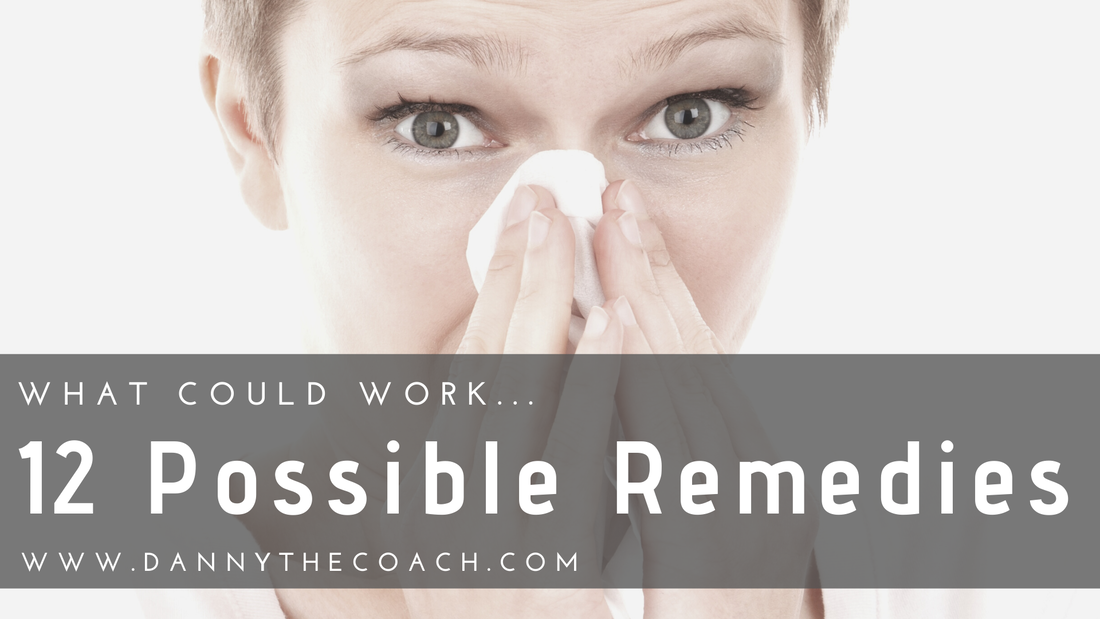|
Need help getting ready for your ski season? Want better balance and core strength? I may have a few exercises we can try together. Let's connect today! First snow has fallen in many places.
0 Comments
What Natural Remedies Work and What Don't Watch out! The cold season is coming! Time under sunshine is down and with it are Vitamin D levels. People are confined indoors. Kids are walking virus carriers. And the lovely drug stores are advertising free flu shots. Guess what? It's that time of year. A few of you are probably already sniffling or maybe trying to disregard the pain of swallowing with a sore throat. Colds seem like an inevitability, maybe not so much since you've cleaned up your diet, but nothing is 100%. You most likely will get sick. You probably will catch a cold. Or someone close to you will. What can you do for yourself? For your sick kid or partner? Are there any natural cold remedies that actually work? Here you go. 12 Possible Natural Remedy Suggestions That Could Help
So, there you go: a good list of therapies, supplements, foods, and nutrients to include (or not) in your anti-cold regimen this season. If you have any suggestions, any recommendations, or questions, contact us or add your comments below. Source: Mark's Daily Apple - click here Tired In the Morning? Easy Steps to Enhance Energy Fatigue is a serious problem in our contemporary world that millions of people are facing every day. Morning fatigue is characterized by tiredness, lack of energy, or lack of motivation that is present in the morning. However, it often continues during the day. Morning fatigue may have a serious impact on physical, mental, emotional, and spiritual health and overall quality of life. The good news is that you can combat morning fatigue and enhance your energy naturally. Below are 6 potential causes and 6 steps to beef up your energy naturally to reduce morning fatigue. 6 Causes Morning Fatigue Fatigue may have a diversity of causes, including quality of sleep, physical health, diet, and lifestyle.
6 Steps to Beef Up Your Energy Below is a quick list of the 6 tips - scroll down for details on each topic:
Connect with me if you have questions or want to figure you're individual situation out. |
Author
DannyTheCoach Archives
January 2023
Categories
All
|



 RSS Feed
RSS Feed